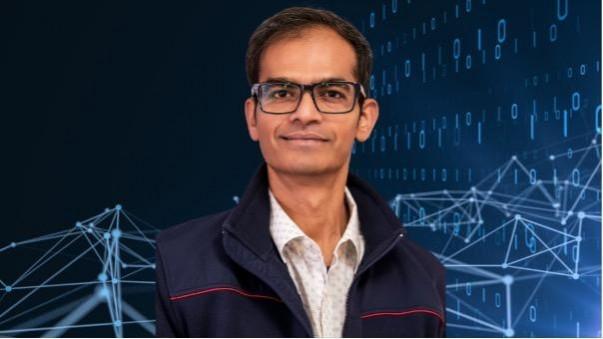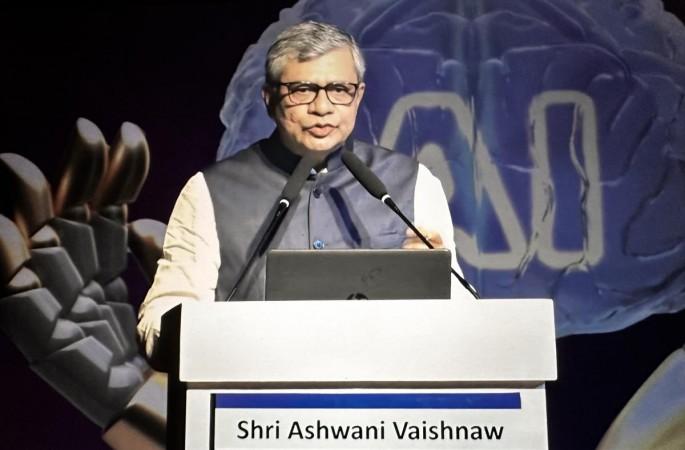
“Large language models are advancing healthcare analytics,” says Santosh Nazare, his eyes lighting up as he describes the potential of large language models (LLMs) in healthcare. As the director of data science at Blue Cross Blue Shield of Michigan, Nazare is no stranger to the challenges of the American healthcare system. His recent work with LLMs is pushing the boundaries of healthcare analytics, offering a glimpse into a future where artificial intelligence (AI) could advance patient care and cost management.
The Rise of LLMs in Healthcare
Developed for natural language processing tasks, LLMs have found a new and impactful application in the healthcare industry. These sophisticated algorithms can process and understand vast amounts of textual data, making them invaluable tools for analyzing medical records, research papers, and other healthcare-related documents.
In a sector burdened with high costs, inadequate insurance coverage, and disparities in care quality, LLMs’ potential is particularly noteworthy. Their ability to enable more accurate predictions and create personalized care plans leads to improved patient outcomes and more efficient resource allocation.
Fine-tuning for Precision: Nazare’s Approach
Nazare’s implementation of LLMs in healthcare is characterized by meticulous customization. Rather than relying on general-purpose models, he fine-tunes these algorithms to address specific healthcare challenges. This process involves training the models on domain-specific data, allowing them to recognize patterns and make predictions highly relevant to particular areas of healthcare.
“Each healthcare problem requires a unique approach,” Nazare notes. “Fine-tuning LLMs enables the creation of tools precisely calibrated to the nuances of different medical conditions and healthcare processes.”
One key area where Nazare has applied this approach is developing disease prediction models. These models can forecast the likelihood of conditions such as mental health decompensation and pre-diabetes, enabling early interventions that can improve patient outcomes. Additionally, Nazare has designed a scalable system to parse high-dimensional data, detecting early warning signs of changes in member risk and healthcare costs.
CMS Star Ratings and Member Satisfaction
One area where Nazare’s work has greatly impacted is in predicting member dissatisfaction related to CMS Star Ratings. The Centers for Medicare & Medicaid Services (CMS) uses a star rating system to measure the quality of Medicare Advantage and Part D plans, with ratings ranging from one to five stars. These ratings help consumers compare health plans and make informed decisions about their healthcare coverage.
Nazare’s team has developed models to predict potential areas of member dissatisfaction, allowing Blue Cross Blue Shield of Michigan to address issues and improve its CMS Star Ratings proactively. This work enhances the company’s performance metrics and improves member experiences and health outcomes.
AI’s Role in the Future of the Healthcare Industry
Nazare is actively exploring the potential of LLMs in healthcare, including applications such as personalized treatment recommendations, efficient care coordination, and real-time health monitoring. Reflecting on these advancements, Nazare remains mindful of challenges like data privacy, model interpretability, and ethical considerations as these technologies become more prevalent in healthcare settings.
With leaders like Santosh Nazare, the industry can improve patient outcomes, healthcare efficiency, and overall health. His clinical and data scientist background helps him combine medical expertise with advanced analytics to tackle healthcare challenges. As AI technologies advance, their impact on healthcare will grow, making it crucial for all stakeholders to stay informed.
















